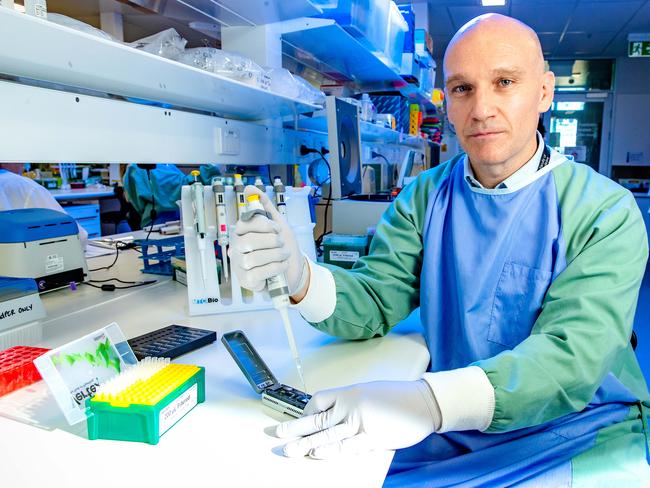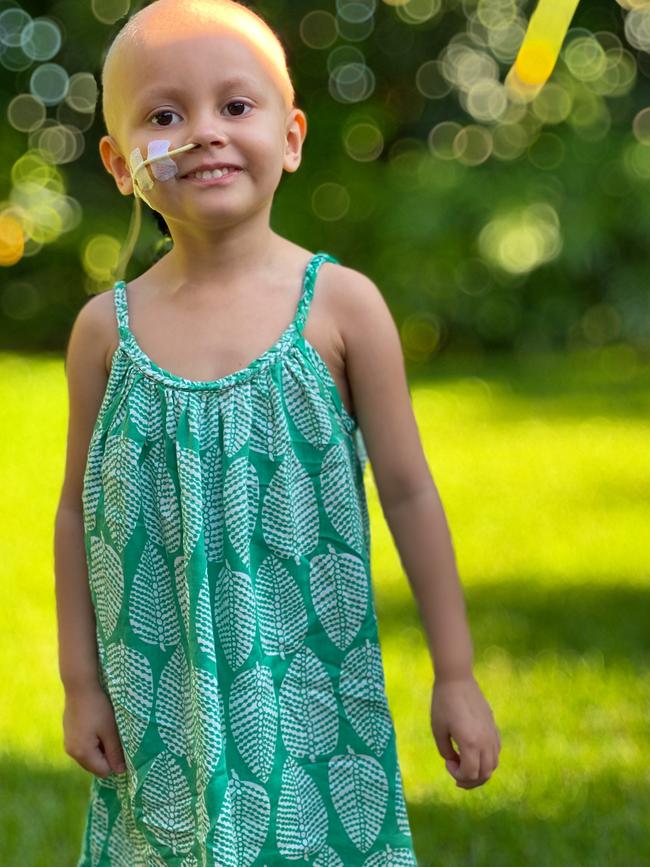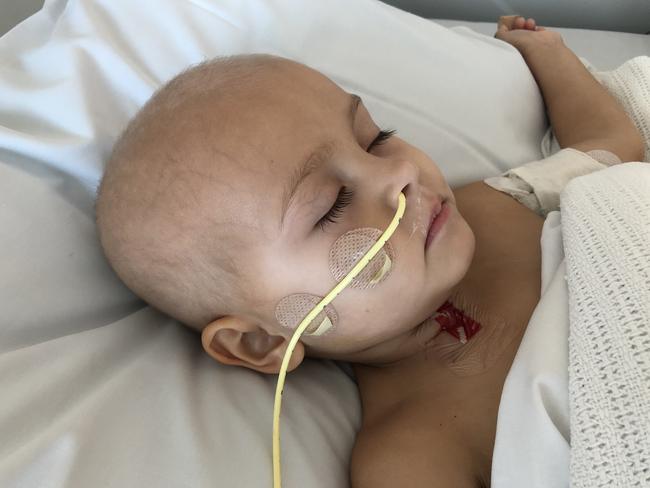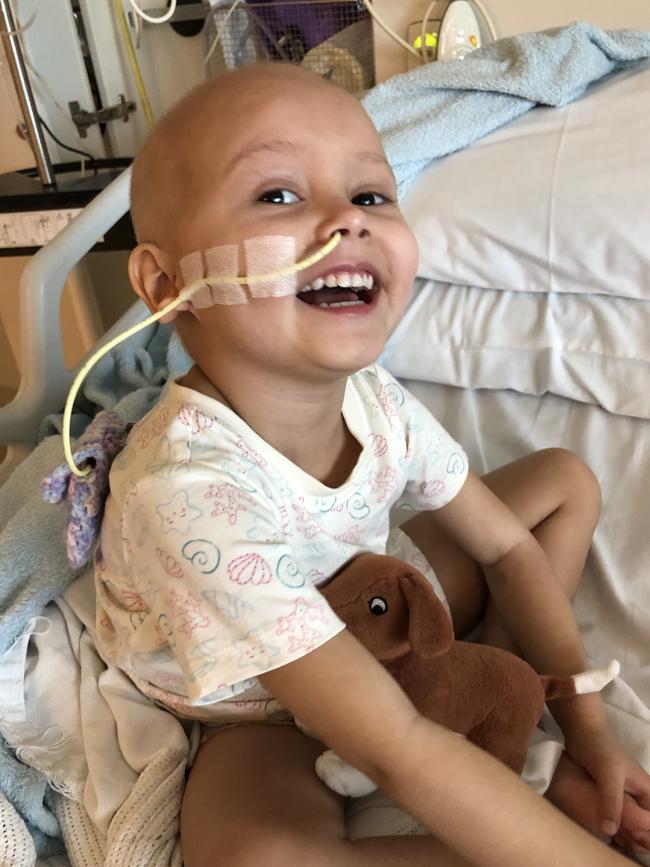Qld research to crack the code of drug resistance
New drugs for children with the most serious antibiotic-resistant infections could be identified through a Queensland-led national study.
QLD News
Don't miss out on the headlines from QLD News. Followed categories will be added to My News.
New drugs for children with the most serious antibiotic-resistant infections could be identified through a Queensland-led national study.
The research, which will aim to recruit up to 1000 children, will identify which new antibiotics should be prioritised for development to treat children with serious antibiotic-resistant infections, including those with complex conditions such as cancer.
Emmaus College’s Mackenziee Lawler realises her formal dream
Key factor influencing NSW, VIC border reopening
University of Queensland academic and Queensland Children’s Hospital paediatric infectious disease specialist Dr Adam Irwin is leading the study through a collaboration with the Paediatric Active Enhanced Disease Surveillance network.
He said most antibiotics are developed for use in adults, with children often neglected in the research field.
“The study we’re doing will provide unique data about these types of complex infections in Australian children,” he said.
“What we’re hoping to do is use the expertise that we’ve already developed in Brisbane in performing clinical trials in adults and extend that expertise into children so that we can do world class research into antibiotic resistant infections in children as well.

“Increasingly the infections that we see in children with cancer are difficult to treat and we’re trying to develop new guidance for how to use novel antibiotics to treat resistant infections.”
The QCH currently treats 10 to 15 children each year for the most serious type of multi-drug resistant infections, including pseudomonas aeruginosa, which is one of the most common bloodstream infections in children.
Noelle Pedersen, mother of four-year-old Scout, said the research was vital to protecting children like her daughter, who was last year diagnosed with high risk pre-B acute lymphoblastic leukaemia – an aggressive, fast-growing type of blood cancer.
Scout, who is particularly vulnerable to infection due to a weakened immune system because of chemotherapy, developed a complex infection caused by multi-drug-resistant bacteria – one of the most resistant infections hospital staff had ever seen.
“Its so terrifying. You can’t stop the chemo … that’s the only way to control the cancer but it puts them in a vulnerable situation,” Ms Pedersen said.

“Antibiotics is usually all it takes but it wasn’t working and the infection was running rampant and they were throwing every antibiotic at her … they knew it wasn’t working and were really concerned.
“Her body started to shut down.”


Scout had a 50 per cent chance of surviving, and recovered after an obscure antibiotic was found and brought from the Prince Albert.
“No child should have to go through what she’s going through … anything we can do to get ahead is amazing … they saved her life and they were tireless.”


